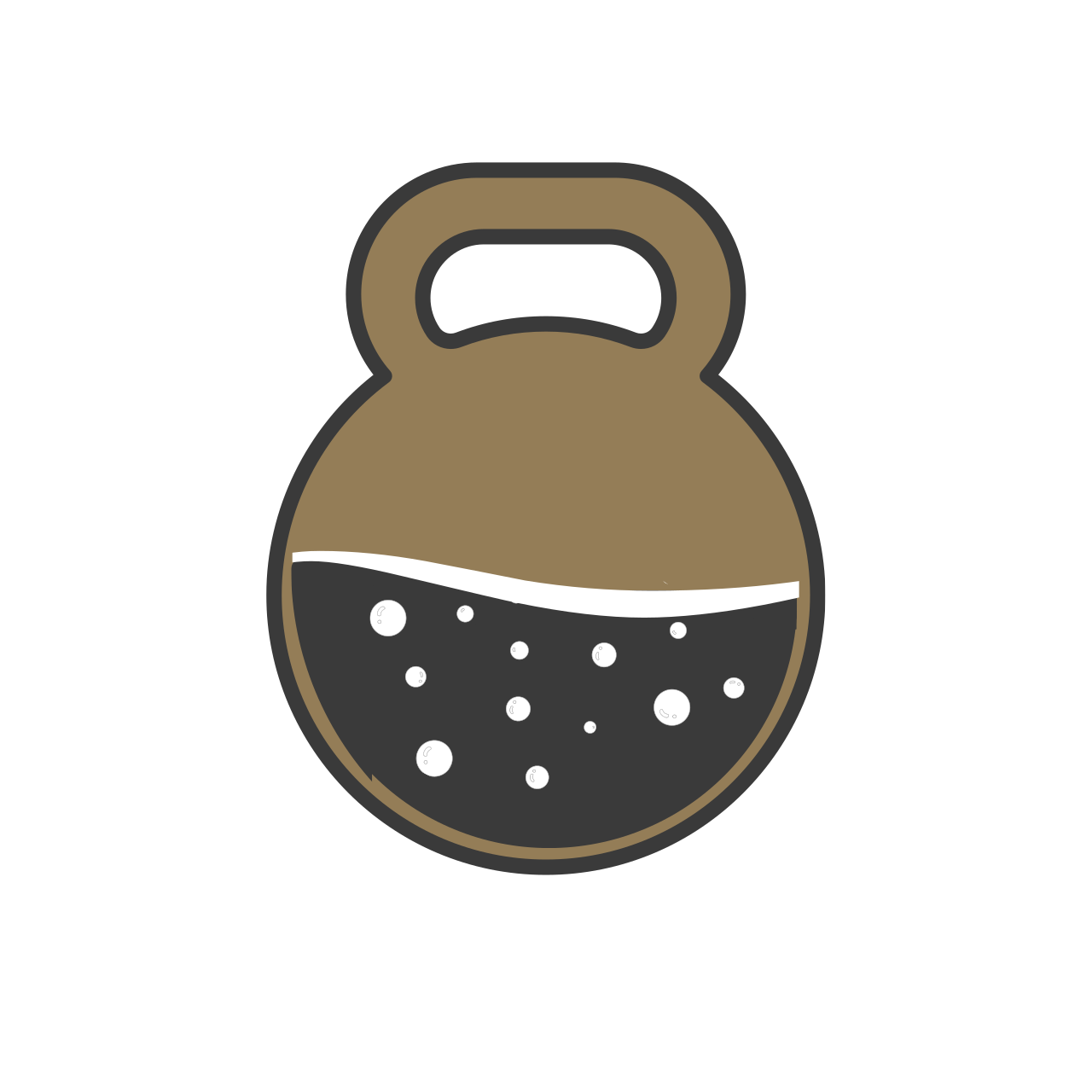Protein: It’s Importance, How Much You Should Be Taking In and Easy Ways To Get It
We always hear that protein is important. But have you ever asked yourself why?
Let’s keep it simple and start with what is a protein?
Protein is a macronutrient that is essential to a healthy diet and plays a vital role in our body’s physiological functions.
Each gram of protein accounts for 4 calories. For example, if you’re having a snack that is 200 calories and has 10 grams of protein, that means 40 grams for that 200 calorie snack is made up of protein. Simple right?
Now let’s dive into what protein does for the body!
Muscle Growth and Repair: Protein is vital for muscle growth and repair, especially after exercise or injury. It provides the building blocks (amino acids) needed for muscle development and tissue repair.
Energy Source: Although it is not used as the primary source for energy, protein can be a helpful energy source especially during prolonged exercise or when carbohydrate intake is low.
Enzyme and Hormone Production: Proteins are involved in the production of enzymes and hormones, which are critical for metabolic processes and bodily functions.
Immune Function: Antibodies, which are proteins, play a vital role in the immune system by identifying and neutralizing pathogens like bacteria and viruses.
Cell Structure and Function: Proteins contribute to the structure, function, and regulation of the body’s tissues and organs. They are a major component in the make-up of cells and provide structural support throughout the body.
Transport and Storage: Proteins help transport molecules throughout the body, such as hemoglobin, which carries oxygen in the blood. They also store essential nutrients.
Recommended Daily Protein Intake
Keep in mind when reading the information below that the amount of protein needed varies based on several factors, including age, sex, physical activity level, and overall health:
General Guidelines
The Recommended Dietary Allowance (RDA) for protein is 0.36 grams per pound of body weight for the average adult. This is the minimum amount needed to meet basic nutritional requirements.
For a sedentary adult, this equates to 46 grams per day for women and 56 grams per day for men.
Athletes and Active Individuals:
Those engaged in regular physical activity or strength training usually require more protein. The American College of Sports Medicine recommends 0.55 to 0.91 grams of protein per pound of body weight, and this can depend on the intensity and kinds of exercises that are being performed.
Older Adults:
Protein needs may increase with age to help maintain muscle mass and strength. Older adults may benefit from 0.45 to 0.55 grams of protein per pound of body weight. Muscle mass decreases approximately 3–5% per decade after the age of 30 and this rate of decline is even higher after the age of 60. This is important to note because this involuntary loss of muscle mass, strength, and function is a cause of and contributor to disability in older adults.
Pregnant and Lactating Women:
Protein needs increase during pregnancy and lactation to support fetal growth and milk production. The RDA for pregnant women is 0.5 grams of protein per pound of body weight., and for lactating women, 0.6 grams of protein per pound of body weight. This is important especially if mothers to be are exercising during pregnancy.
Calculating Your Protein Needs
To calculate your daily protein needs:
To determine your daily protein intake, you can multiply your weight in pounds by 0.36,
Example:
A person who is 160lbs will do 160 x 0.36 = 57.6 grams of protein.
The Recommended Dietary Allowance (RDA) is the amount of a nutrients you need to meet your basic nutritional requirements. You can look at this as the minimum amount you need to keep from getting sick not the specific amount you need to eat each day.
Sources of Protein
Having a variety of protein sources can help keep things fun and meet your daily requirements. Some common sources include:
Animal-based: Meat, poultry, fish, eggs, dairy products.
Plant-based: Beans, lentils, tofu, tempeh, nuts, seeds, whole grains.
Supplements: Protein Powder, Collagen
Having a proper intake of protein in your diet is essential for maintaining overall health and supporting bodily functions. Although we encourage the use of supplements when it comes to getting the proper amount of protein while being active, we must emphasize the importance of eating protein rich foods like the ones mentioned above.
Take Control of Your Health

